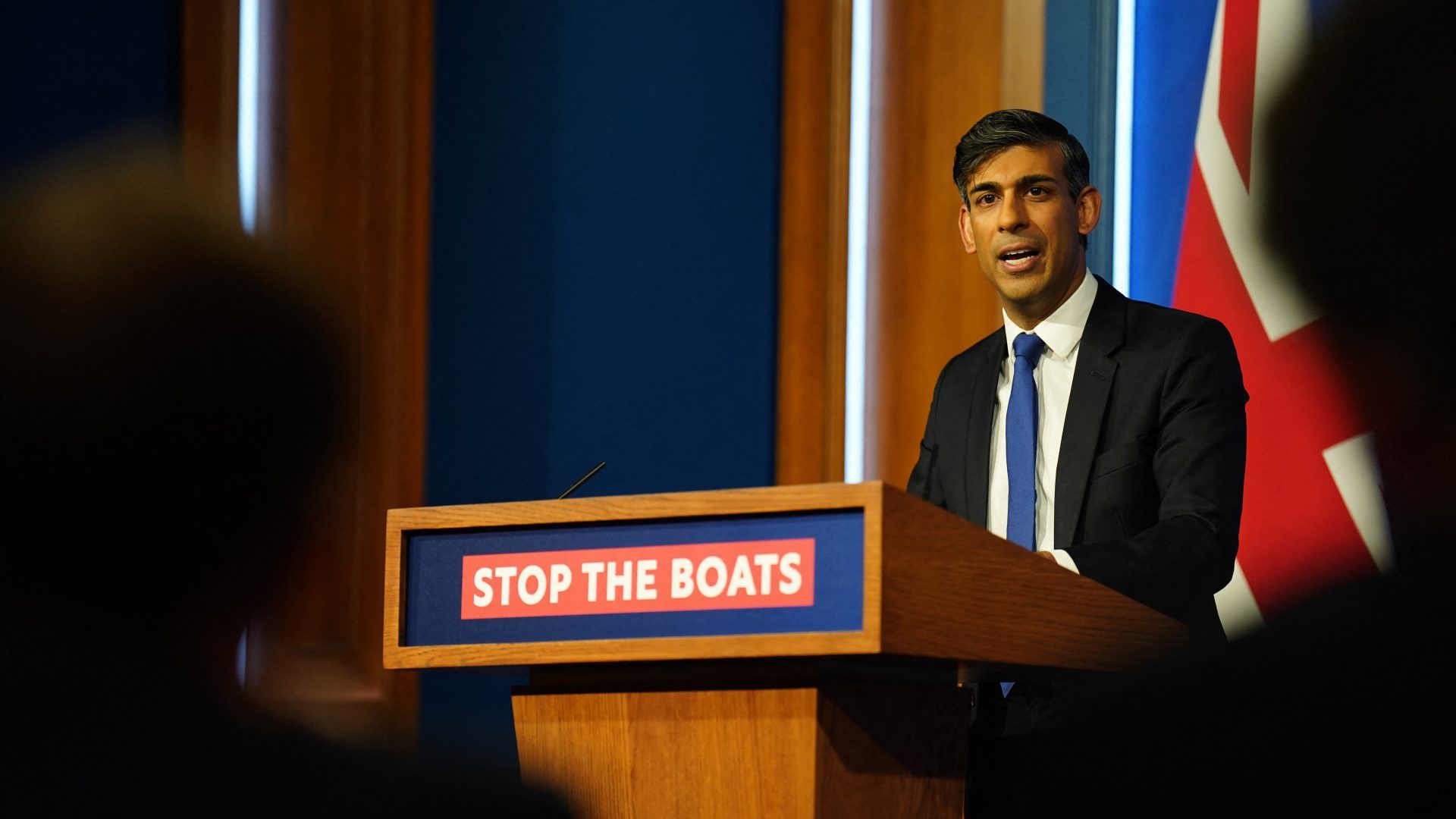You may think you know boredom but, if you never were a teenage communist, you do not know whereof you speak. There’s boredom and boredom. There’s waiting for a bus with a phone that has run out of battery, and there’s the real stuff.
I remember being 19 and sincerely believing that I was about to lose my mind. We were at a meeting – when weren’t we? – and discussing what to put on the pamphlet advertising our little group to fellow university students.
Should we describe ourselves as “anti-capitalist”? It took us three hours to decide. That’s not an exaggeration: for 180 minutes, we discussed the question “should we describe ourselves as anti-capitalist in our campus pamphlet?” Three hours. Long enough to watch two perfectly decent romcoms back to back. Long enough to walk from Hampstead Heath to Clapham Common.
The punchline here is obvious – I can’t even remember what we decided to do in the end. I just remember feeling like maybe there was no purpose to life, and that I might as well retire to my bed and never leave it again.
It’s a very vivid memory, and one I’ve thought about a lot over the past week or so. The government wants to pass its Rwanda bill but various factions have various concerns and various ideas regarding how to make it better. No-one in the parliamentary Conservative party can quite agree on what it should look like. There is bickering over details and fundamental disagreements over the substance of the bill.
It’s swallowed up all the oxygen in Westminster, and some worry it may even threaten Rishi Sunak’s premiership. It is, according to some commentators, reminiscent of the neverending hell that were the Brexit years. They’re wrong, though. Both Tory civil wars are maddening, but they’ve very different.
What we’re seeing today is much closer to those meetings I went to as an undergraduate radical. We tore ourselves to pieces over what a post-revolutionary society would look like, apparently unaware of the fact that none of those political cleavages actually mattered. Conservative MPs are at each other’s throats over a scheme which is unlikely to be put into place before the next general election, and which will not solve the small boats crisis anyway.
Even if the bill ends up passing through the Commons, surviving the Lords and being left untouched by the courts – what an if! – it will not meaningfully solve anything. Brexit infighting was tedious but at least it sought to find concrete solutions to a real problem.
Similarly, our marathon meetings could have bored even the most dedicated Marxist to tears, but no-one actually expected us to shape the country. Society doesn’t rely on campus anarchists.
The governing party, on the other hand, should be doing just that. It refuses to, instead choosing to distract itself with pointless fights about imaginary solutions. Some have argued that they’re doing it to try and distract us from the state the country is in but again, I’m not sure they’re right.
I think they’re trying to distract themselves, because deep down they know that nothing they do now will really matter. They broke the country and fixing it would require an amount of work and compromise they cannot stomach, so they play their little games instead.
In a way, they want it to look like they’re fighting about Brexit again, because in those years they had purpose; they were trying to shape the future of the country, and it was tough because doing big things is hard.
There are no great ideological wars to be waged this time round; the soul of the country is no longer at stake. All they can do now is try and salvage what may, if you squint, look like a legacy. It is a process that would involve self-reflection, humility and a lot of difficult questions, but that’s no fun, is it?
It’s better to sit in grand old rooms in Parliament and call yourselves “the star chamber” and plot and stay busy enough that you don’t have to think about your impending irrelevance. I know what that feels like; I was once 19 and spending my evenings trying to decide just what our communes would look like after the revolution. The only difference, really, is that I grew up.











